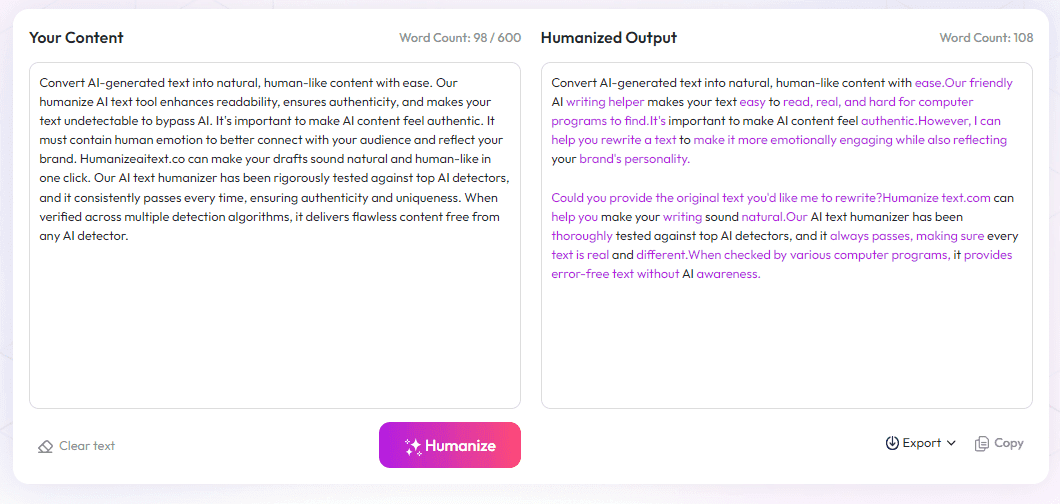Table of Contents
Looking for author mentorship programs for 2025? I get it—finding the right fit can feel overwhelming with so many options out there.
But if you keep reading, I’ll share some top programs to watch and tips on choosing the one best suited for your goals. Plus, I’ll give you key details to help you get started smoothly.
So, stick around—your next great mentorship experience might be just a few paragraphs away!
Key Takeaways
Key Takeaways
- There are several mentoring programs in 2025 catering to different writers, including SCBWI for young adult and middle grade authors, AWP for early-career writers, and programs for LGBTQ+ and Latinx voices. These programs boost writing skills, networking, and chances of success.
- Choose a mentorship based on your goals, genre, and style. Look into mentors' backgrounds and success stories, and ask questions before committing to ensure a good fit.
- Prepare a strong application by clearly stating your goals, sharing your best work, and following all guidelines and deadlines. Personalize your materials to stand out.
- Avoid generic applications, incomplete work, or dishonesty. Reading instructions carefully and being professional helps improve your chances.
- Once in a program, set clear goals, stay open to feedback, and communicate regularly. Show appreciation to build a good relationship with your mentor.
- After a mentorship ends, review your progress, celebrate achievements, and set new goals. Consider mentoring others or continuing your writing journey to keep growing.

Top Author Mentorship Programs to Watch in 2025
If you're an aspiring writer eager to make your mark in 2025, knowing where to find quality mentorship programs can give you a serious edge. The good news? There are several standout opportunities that cater to different writing niches, career stages, and backgrounds. Among these, the SCBWI Mentorships remain a favorite for middle grade and young adult authors, with applications typically due by September 29, 2025. These programs connect emerging authors with seasoned industry mentors, providing guidance on manuscript development and publishing strategies.
Another notable program is the AWP Writer to Writer Mentorship, which offers three-month modules designed for early-career writers to refine their craft. Applications open in July and close at the end of the month, making it essential to prepare your submission early.
For writers with a focus on LGBTQ+ themes, the QueerKidLit Mentorship provides a supportive environment over three months to help unpublished authors develop their voices. Meanwhile, the LatinX in Publishing Writers Mentorship program plans to open applications in fall 2025, specifically aiming to lift Latinx writers who are ready to break into the publishing world.
Participation in these programs is linked to higher retention and success rates—studies show that 72% of mentees continue writing, and 89% go on to mentor others, creating a cycle of growth. Interestingly, while 76% of professionals see mentorship as critical, only about 37% have access to one, highlighting how important it is to get involved when opportunities arise.
In 2025, social learning preferences point to mentorship programs (66%) and workshops (67%) as popular choices for learning new skills. This trend suggests that engaging in a mentorship not only improves your craft but also helps you grow your network—something that can be pivotal when pursuing traditional or self-publishing routes. For example, discovering how to publish a coloring book or writing compelling horror stories might be easier with a mentor guiding you through the ins and outs of the process. For a practical step, consider checking the latest opportunities on sites like how to publish a book without an agent to understand what programs and pathways best fit your goals.

How to Assess Compatibility and Goals in Mentorship Programs
Choosing the right mentorship means finding someone whose experience and style match your goals.
Start by clarifying what you want to achieve: improving your craft, navigating publishing, or building your network.
Look for mentors with backgrounds similar to your niche or genre to get relevant advice.
Review their previous mentees' success stories or testimonials to gauge their mentorship style.
Don't be afraid to reach out with questions about their availability, expectations, and approach before committing.
Matching your communication style with theirs can make the mentorship more effective and enjoyable.
Take time to reflect if their feedback style feels accommodating and aligned with your learning preferences.
Best Ways to Prepare Your Application for a Mentorship Program
A strong application can dramatically increase your chances of being accepted into a mentorship.
Start by clearly articulating your writing goals and what you hope to gain from the program.
Gather samples of your work that best showcase your strengths and voice, and that match the program’s focus.
Write a concise, honest personal statement explaining your motivation, background, and why you want the mentorship.
Highlight any relevant experience, like workshops attended or publications, even if small.
Follow application guidelines carefully, paying attention to submission deadlines and required materials.
Check your application for typos and clarity—second opinions can help polish your submission.
Common Mistakes to Avoid When Applying for Mentorships
Don’t underestimate the power of a generic or rushed application; personalized touches matter.
Avoid applying without thoroughly researching the mentor or program—they want a good fit too.
Refrain from submitting only incomplete or poorly edited samples.
Don’t ignore the instructions or deadlines—missed deadlines mean missed opportunities.
Never lie about your experience or skills; honesty builds trust and sets the right expectations.
Avoid coming across as overly entitled or expecting immediate results—mentorship is a two-way street.
Stay patient and professional—rejections can be part of the process, and persistence pays off.
Maximizing Benefits from a Mentorship Relationship
Once accepted, it's time to make the most of the mentorship experience.
Set clear, achievable goals early on so both you and your mentor know what to focus on.
Keep an open mind to feedback, even when it’s tough to hear.
Regularly update your mentor on your progress and any obstacles you face.
Ask specific questions about your work or industry to deepen your learning.
Be proactive—seek out additional resources or contacts recommended by your mentor.
Take notes during meetings and review them to track your growth over time.
Show appreciation for their time and insights; building a respectful relationship encourages ongoing support.
Measuring Success and Setting New Goals After Mentorship
After a mentorship wraps up, reflect on what you've learned and achieved.
Compare your initial goals with current progress to see where growth has occurred.
Identify skills you've improved and areas that still need attention.
Decide whether to seek another mentorship or continue self-guided improvement.
Use feedback from your mentor to set new, more ambitious objectives for the future.
Share your successes with your network or community—they can inspire others and open new doors.
Consider mentoring others yourself, keeping the cycle of growth going.
Keep applying what you’ve learned—writing regularly, submitting to markets, or attending workshops—to build momentum.
FAQs
Some leading mentorship programs in 2025 include MasterWriter Connect, AuthorRise, and PenPro Guild, offering structured support, industry connections, and opportunities to develop writing careers for emerging authors.
Research programs aligned with your genre and goals, read reviews from past participants, and consider factors such as program accessibility, mentorship quality, and network opportunities to find the best fit.
Key details include program duration, eligibility criteria, mentorship structure, application deadlines, and the opportunities offered such as publishing support, skill development, and industry networking.



